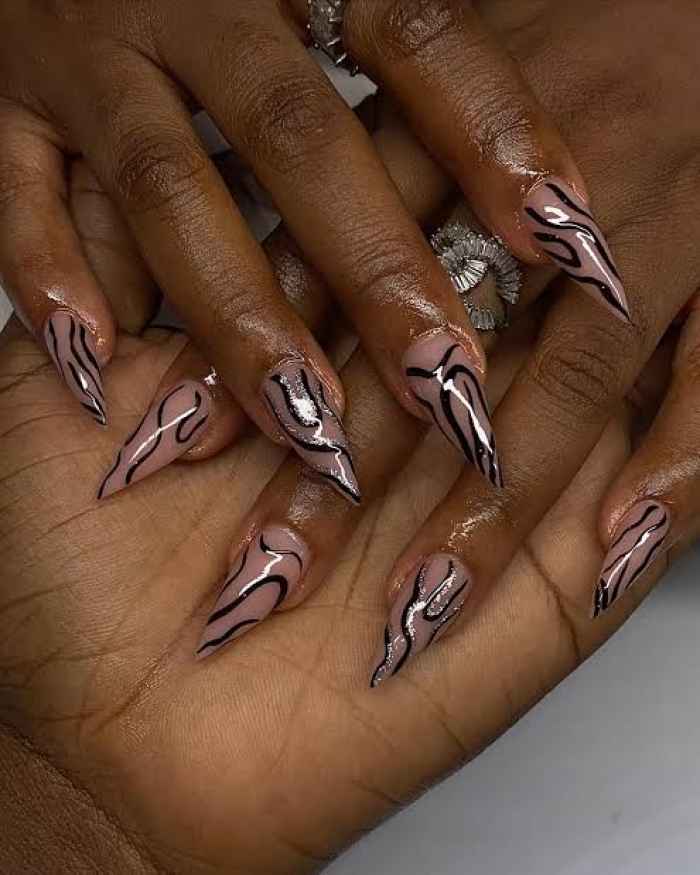June 30, 2025
Nigerian Bond Market extends gains as yields fall to 18.38%
by Super User
Nigeria’s sovereign debt market maintained its upward trajectory last week, with continued investor interest driving…
June 26, 2025
Peter Obi decries ‘coordinated lawlessness’ after brother’s property is demolished in Lagos without court order
in POLITICS
by Super User
Former presidential candidate Peter Obi has condemned what he described as a brazen act of…
June 28, 2025
7 genius responses to ‘put rude people in their place,’ according to communication experts
in FEATURES
by Super User
Kathy & Ross Petras Rude people are, sadly, all around us. We deal with them…
June 21, 2025
Man convicted of posing as flight attendant to fly for free 120 times
in Strangely
by Super User
A 35-year-old American man has been found guilty of impersonating a flight attendant at least…
June 30, 2025
Bandits strike again in Benue, kill four policemen in fresh attacks
in Crime
by Super User
Armed bandits on Sunday launched another deadly assault on Benue State, killing at least four…
June 30, 2025
What to know after Day 1222 of Russia-Ukraine war
in WARS
by Super User
WESTERN PERSPECTIVE Ukraine F-16 pilot killed in large-scale Russian attack, Zelenskiy calls for US help…
June 30, 2025
The computer-science bubble is bursting
Rose Horowitch The job of the future might already be past its prime. For years,…
May 13, 2025
Nigeria's Flying Eagles qualify for World Cup after dramatic win over Senegal
in Sport
by Super User
Nigeria's U-20 national football team, the Flying Eagles, have secured their place at the 2025…


































































